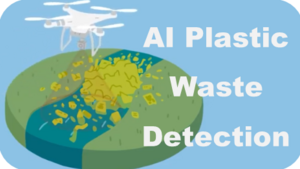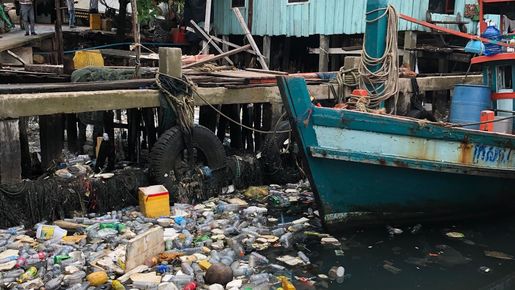Plastic waste in the world`s oceans poses a threat to the marine ecosystem and also to humans. This type of waste is by and large produced on land and reaches the sea via rivers. In particular Asia is a substantial source of debris since collection and disposal of waste do not reach parts of the population and collection sites are not properly cordoned off and are situated next to rivers. Against this backdrop, the World Bank has put out for a tender a project in cooperation with the government of Cambodian to improve waste management in the cities of Siem Reap and Sihanoukville. The World Bank has employed the use of smart sensor technology and support given by DFKI to be able to assess the efficacy of the adopted measures and to precisely calculate entries. The DFKI Research group Marine Perception, Oldenburg, is developing a concept for the use of multispectral cameras on drones and algorithms to calculate the plastic waste on rivers and on beaches. On the basis of this concept local companies deploy drones, which with the help of DFKI yield detailed information about origin and the type of pollution. Furthermore, in cooperation with the University of Seoul the results are used to develop evaluation routines for satellite-based monitoring of these areas. These observations and conclusions serve the Cambodian authorities to formulate a plastic action plan and serve as the basis on its realisation and support from the World Bank.

Project | RS_of_plastic_WB1
Duration:

